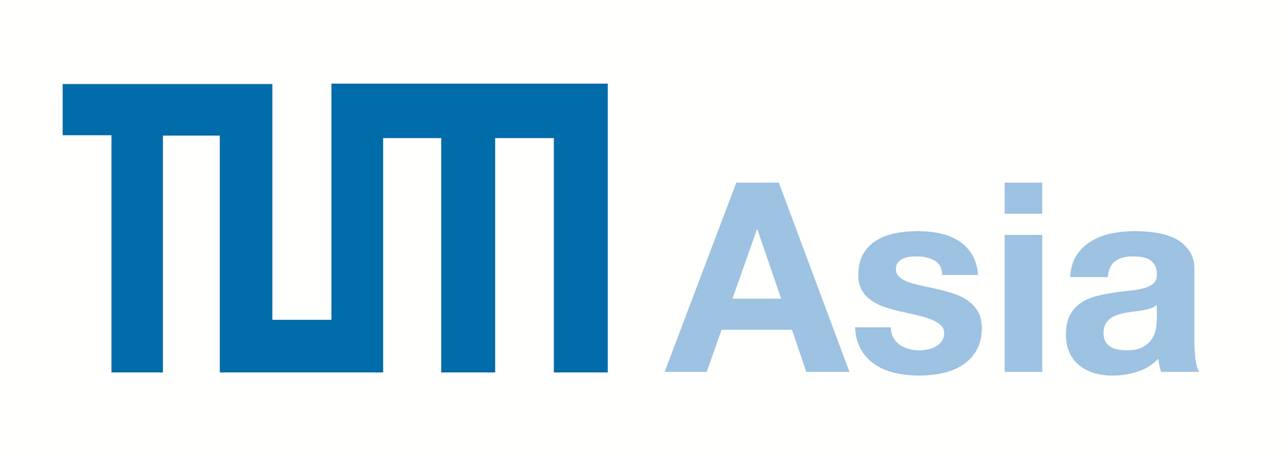#CelebratingChoices: Kriti Lahoty – WomeninChemistry

For all the talk and affirmations of gender equality, the number of women in STEM-related fields remains woefully underrepresented.
According to data by UCAS, 24 per cent of STEM students in higher education in the UK are women. The percentage goes even lower in the engineering and technology domains, with only 19 per cent of the students studying them being women. [1]
The reality of gender disparity in the workplace tends to be difficult to relate form to substance, but Kriti was acute in her observation.
“What I observe in places that I’ve worked so far is that there is a nice equal representation of both men and women at the junior engineer levels at my workplace, but when you move up the corporate ladder, the number gets vastly disproportionate,” said Kriti.
According to a report by the National Science Foundation, women make up only 14 per cent of the total workforce in STEM fields in India. Furthermore, a study conducted by UNESCO found that only 35 per cent of STEM students in higher education in India are women. [2]
 For Kriti, she hopes to change that.
For Kriti, she hopes to change that.
Kriti is one of the many born into a family where she is well endowed with opportunities to decide who and what she wants to be. “I was raised with the idea that if there is something that is worth pursuing, give it your best to do,” Kriti said.
Opportunities don’t happen naturally. For Kriti, she learns that opportunities come to those who search and fight for them.
“During the COVID-19 pandemic, I graduated from Delhi University with a Bachelor of Science in Chemistry. Sadly, because of the pandemic, we did not have much chance to learn beyond the theoretical part of Chemistry. I was most intrigued by Chemistry, so I wanted to learn more about it and how the industry works. Everyone around me said Germany is the perfect place to be if you are a Chemistry major. So, I chanced upon this course offered by two of the best universities – TUM and NUS, so voila, here I am,” Kriti said.
Many students and families face financial constraints when they consider pursuing further studies overseas. Kriti’s family is no exception, with an older brother just a year and a half older than her. Yet, for Kriti’s family, it was not a matter of choice.
“My father has always played the silent yet biggest supporter in my life. My father always told me not to worry about anything. You need to go out there and make a life for yourself. And that’s the most important thing,” Kriti said.

Like a splint in the flesh, Kriti can’t help but notice the casual conversations she has had with her family in which persistent gender roles and patriarchal undertones stick out like a sore thumb. “I remember once a distant relative came over to my house and casually commented that it was time for me to get married. And my grandmother was mortified. What? She’s only 20! That’s too young!” laughed Kriti.

“But the perceptions are shifting, albeit slowly. We’ve come a long way from the past, and there is a cut-off time for women to take on specific roles. During my master’s, I got to learn beyond chemistry and delve into the engineering aspects of the chemical industry. During my internship, I had the chance t to implement all of my knowledge in the practical field, which expanded my view on the chemical industry, so that was a good feeling. But I think studying science is not enough. Having some business knowledge would help us grow as individuals and take on perspective from the other side of the coin. I believe women are equally capable of managing business, even in traditionally male-dominated fields, and that’s also where I want to be in the future,” she added.
[1] https://www.stemwomen.com/women-in-stem-percentages-of-women-in-stem-statistics [2] https://www.indiatoday.in/education-today/gk-current-affairs/story/day-of-women-and-girls-in-science-5-indian-women-scientists-breaking-barriers-2500449-2024-02-11#:~:text=According%20to%20a%20report%20by,education%20in%20India%20are%20women.




















